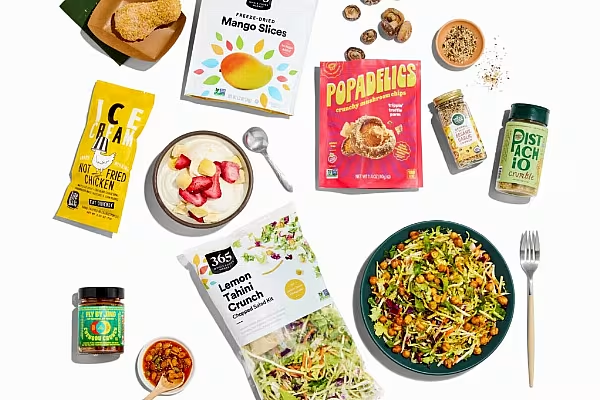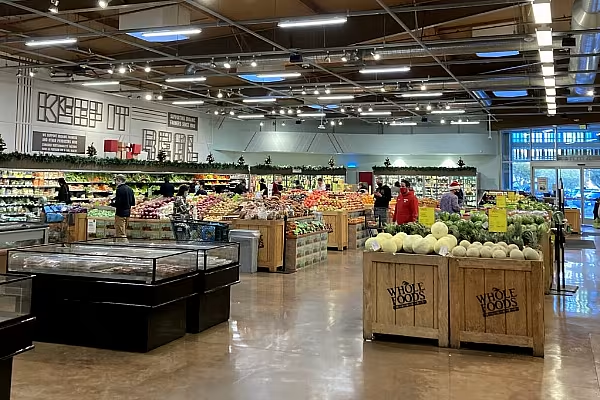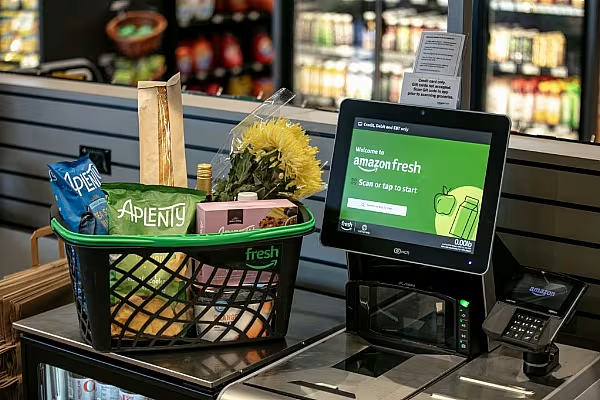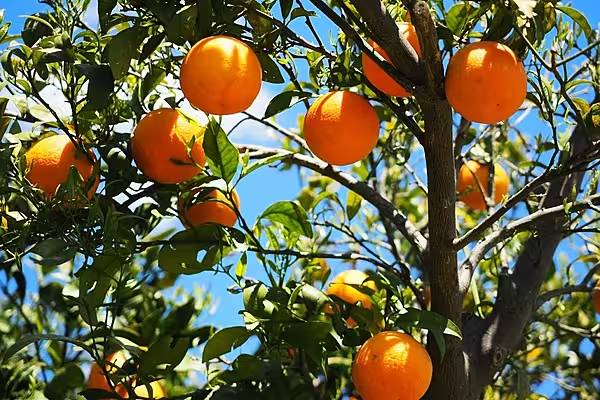It is hard to believe that we are in the final quarter of the year, and what a ride 2024 has been for the FMCG sector. AI, vertical farming, the on-demand revolution, the rise of multichannel and omnichannel retail – sometimes it can be hard to keep up!
If 2024 was exciting for the supermarket and grocery trade, what will 2025 have in store?
Whole Foods Market’s Trends Council recently unveiled its top ten anticipated food trends for 2025, in the retailer’s tenth annual Trends predictions report. The council is a collective of more than 50 Whole Foods Market team members, ranging from foragers and buyers to culinary experts.
ESM examines the top ten food and beverage trends for 2025, as predicted by Whole Foods Market’s Trends Council.
1. International Snack Fusions
The report predicts that snacks will be key area for disruption in 2025. Taking salty snacks like popcorn and adding in global flavours to create ‘fusion foods’ could have mass appeal with consumers.
Traditional international snacks like chamoy candy can be combined with new combinations, like mango sticky-rice chips or a chilli crunch oil, edamame and nut mix. Brands are encouraged to be creative with their packaging to promote cultural roots and nostalgic childhood food memories.
2. Dumplings Are Cool
Whole Foods Market has noted that dumplings, including frozen and shelf-stable single-serve formats, have increased in popularity and hit on a few trends. Many of these trends are authentic to a founder’s cultural roots and are ripe for fusion and unexpected mash-ups, with TikTok, in particular, playing a role.
The report notes that dumplings are long-standing staples in cuisines across the globe, making them a trend to which everyone feels connected.
3. Consumers Want Crunch
The data suggests that consumers increasingly want to add texture to breakfast, lunch and dinner, to make meals more appealing.
Crunchy products such as crispy grains, granola, fermented nuts, roasted chickpeas and mushroom chips are proving particularly popular. Whole Foods Market notes that brands are creating crunchier versions of the chilli crisp, while new seasonings marketed for their texture are popular for salads and roasted veggies.
This trending in texture can also be seen in beverages and desserts.
4. Making Hydration Fun
Reusable water bottle products are not traditionally seen as the most exciting items in the fridge, although this may change, with the amount of creativity that has been seen in this sector recently.
Some innovations of note include adding electrolytes and hydration in more imaginative forms, such as popsicles with electrolytes, sparkling coconut water, chlorophyll water, and even protein water. Beverages in fun formats like pouches and mini coconuts are proving popular with children.
5. Tea Back In Fashion
Tea, a staple for many households throughout the world, is switching to new formats (tea strips, cold-brew bags for water bottles and powders) and products like plant-based milk teas and sparkling teas.
It is also a popular flavour for food like desserts and granola (chai, Earl Grey, London Fog). Whole Foods Market predicts that ‘vintage-inspired adult tea parties’ are poised to replace happy hour, as customers looking for function can seek out brews with added adaptogens and benefits.
6. Compostable Creativity
The report notes that products that are not cutting packaging completely are going the compostable route, with companies making some or all elements of their packaging compostable. It singles out some brands, like Compostic, which are supplying home-compostable products, meaning that all components can compost in a home bin, versus requiring a commercial process.
Meanwhile, in the produce world, Rainier Fruit is working on commercially compostable produce stickers.
7. Alcohol Environmental Footprint
Whole Foods Market has observed that natural and organic wines may not be new, but brands are taking things a step further by embracing regenerative practices and lower-impact packaging.
Additionally, beer and whiskey brands are embracing ingredients like drought-resistant fonio or regeneratively farmed kernza.
8. Sourdough Can Be Fun
The report accurately points out that many consumers developed a fondness for baking during the pandemic, due to the amount of time that they were spending at home.
Whole Foods Market argues that supermarkets have started to use this trend to their advantage by offering sourdough products such as pizza crusts, flatbreads, brownies, crackers and chocolate, and more.
9. Plant-Based Aquatic Ingredients
Consumers are turning towards foods made with more sea and freshwater greens. The report references sea moss – in particular, for its iron, magnesium and iodine content – in formats such as beverages and gummies.
Duckweeds, or water lentils, will also become increasingly popular in 2025.
10. Protein Power
Traditional protein powders and bars have always been popular products in supermarkets, however, consumers now want to ramp up protein consumption at mealtimes and with wholefood snacking.
Whole Foods Market believes that recipes incorporating cottage cheese may have kick-started customers’ desires to seek out protein in wholefood sources, with consumers now prioritising animal protein. In particular, organ meats are in demand, for providing significant protein, vitamins and minerals.













